Sri Lanka backtracks on UN war crimes probe
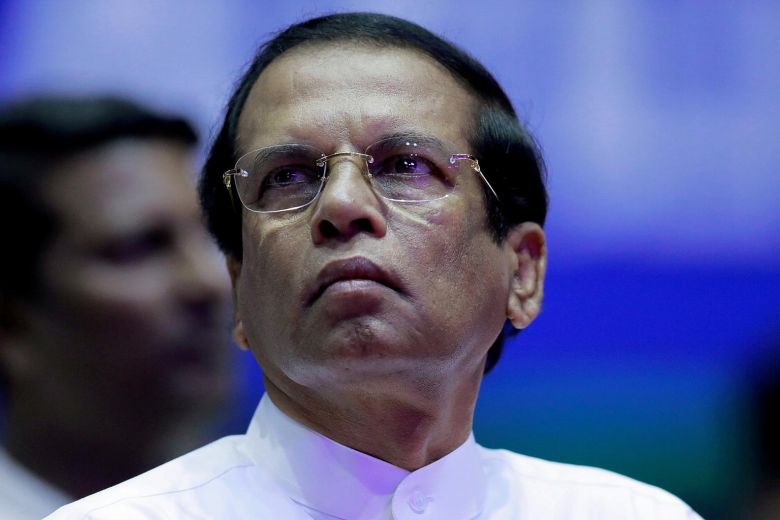
COLOMBO (AFP) – Sri Lanka’s President went back on pledges to the UN Human Rights Council to investigate war-time atrocities on Wednesday (March 6), saying he did not want to “re-open old wounds”.
Sri Lankan government troops were accused of killing at least 40,000 ethnic Tamil civilians in the final months of the island’s 37-year guerrilla war that ended in May 2009.
President Maithripala Sirisena said he will formally ask the United Nations rights body to reconsider a 2015 resolution which called for credible investigations into alleged atrocities.
“It is a decade since we have established peace in this country,” Mr Sirisena told reporters at his official residence in Colombo. “I want to tell them (the UN) not to pressure us… What I want to tell them is don’t dig the past and re-open old wounds. Let us forget the past and ensure that we all live in peace.”
Soon after coming to power in January 2015, Mr Sirisena pledged to ensure accountability for war-time abuses.
The UN has estimated that over 100,000 people were killed during the guerrilla war.
Exactly two years ago, Mr Sirisena bought two years from the UN rights body after a previous deadline ended without any progress in bringing war criminals to justice.
A UN Human Rights Council (UNHRC) resolution in October 2015 granted Sri Lanka 18 months to establish a credible investigation. The two-year extension expires this month, with no results.
Mr Sirisena said he will send three of his senior party members to the UNHRC sessions in Geneva this month to plead on his behalf.
“I hope they (the UN) will respond positively,” Mr Sirisena said.
Despite previous pledges to the UN, Mr Sirisena has not set up any investigation.
Top UN diplomats had expressed concern over “worryingly slow” progress by Colombo.
Mr Sirisena, a member of the majority Sinhalese community, received the support of the Tamil minority after promising accountability for excesses carried out by the largely Sinhalese military.
The UN has acknowledged that Colombo made some positive advances on constitutional and legal reforms, limited land restitution and symbolic gestures towards reconciliation.
But it has also cautioned that the measures taken under Mr Sirisena were inadequate, lacked coordination and a sense of urgency.








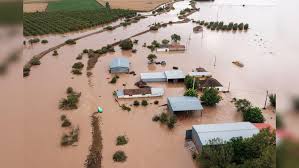
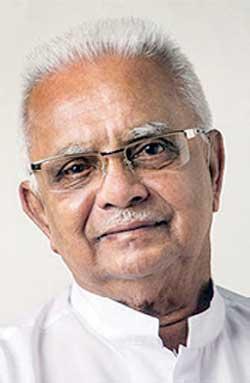
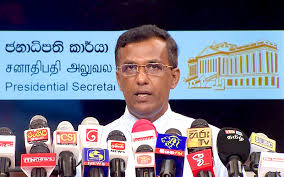
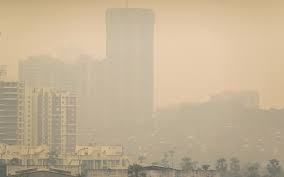

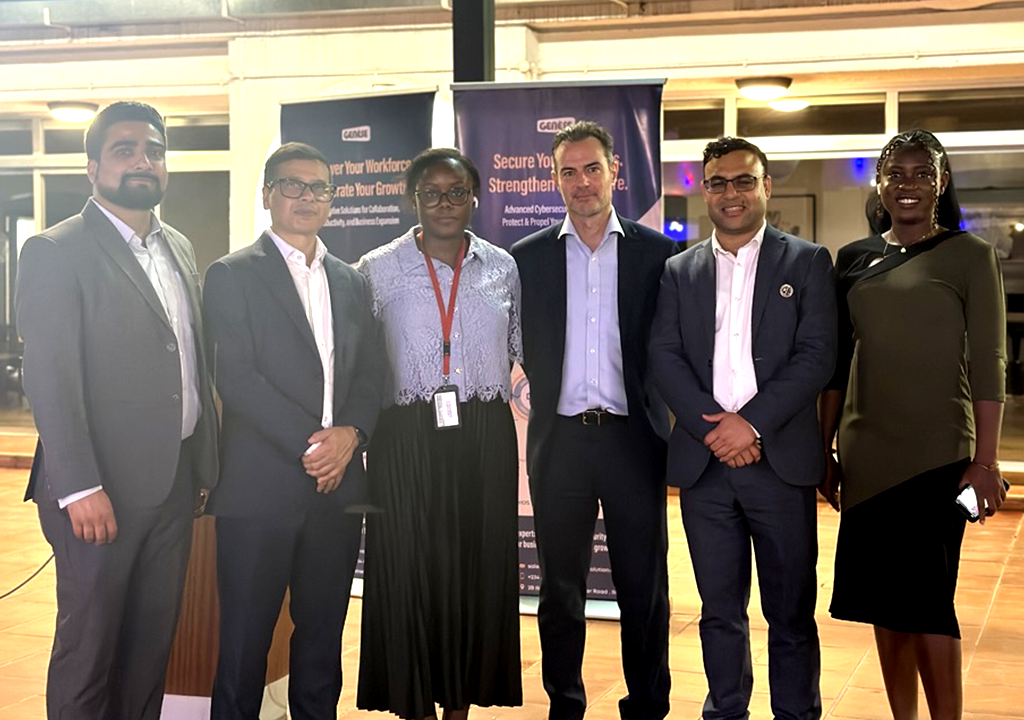
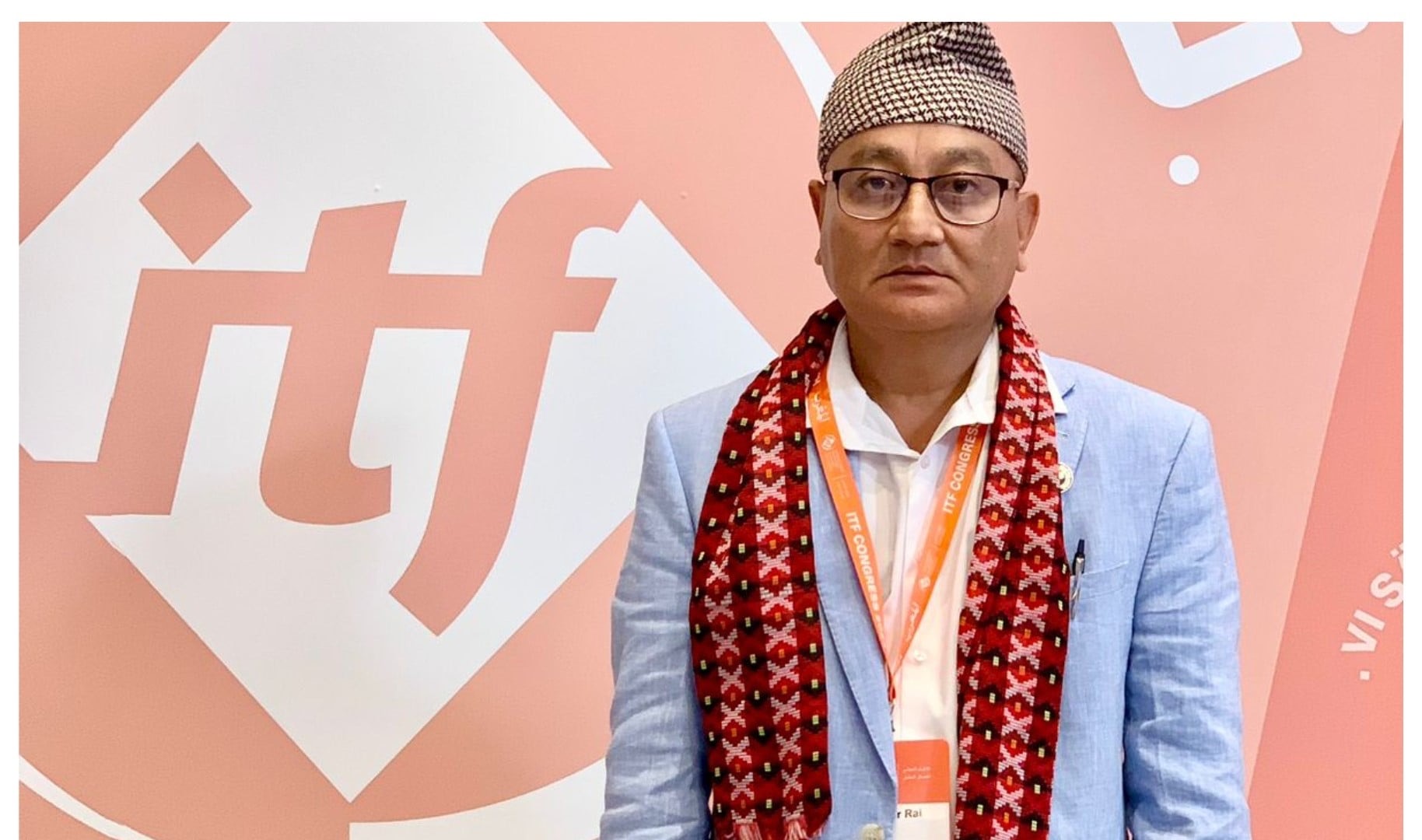



Facebook Comments